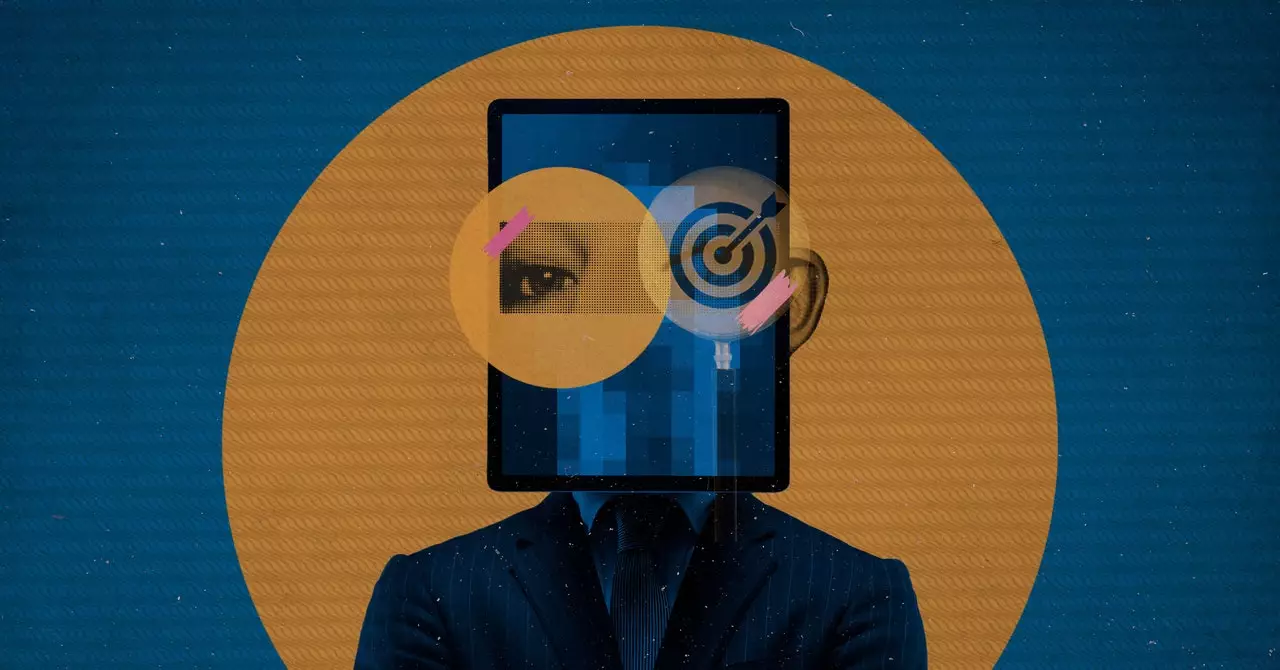The era of artificial intelligence (AI) has brought forth numerous advancements in technology. However, with every innovation comes the potential for misuse and harm. One of the most concerning aspects of AI is its ability to generate misinformation. The University of Cambridge Social Decision-Making Laboratory conducted research on this topic, training AI models to create fake news based on popular conspiracy theories. The results were alarming, with a significant percentage of participants believing the generated headlines to be true. This article delves into the rise of AI-generated misinformation and the potential threats it poses to democracy.
To gauge the susceptibility of individuals to AI-generated fake news, the researchers developed the Misinformation Susceptibility Test (MIST). Partnering with YouGov, they used the misleading yet plausible headlines generated by AI models to evaluate the American public’s response. Disturbingly, the MIST revealed that a significant portion of the population fell victim to these AI-generated falsehoods. For instance, 41 percent of Americans believed a headline claiming dangerous chemicals and toxins were present in vaccines, while 46 percent thought the government manipulated stock prices. These findings highlight the potential effectiveness of AI-generated misinformation campaigns.
As AI technology continues to progress, its integration into political campaigns becomes inevitable. In recent years, various instances have demonstrated the power of AI-driven misinformation in the political arena. In 2023, a viral fake story about a Pentagon bombing featured an AI-generated image showing a massive cloud of smoke. This falsely caused public outrage and even had repercussions on the stock market. Furthermore, political candidates like Ron DeSantis have exploited AI by using manipulated images to deceive voters. By merging authentic and AI-generated visuals, politicians blur the lines between fact and fiction, weaponizing AI to bolster their political attacks.
Prior to the advent of generative AI, cyber-propaganda organizations relied on labor-intensive processes and human troll factories to spread misleading messages. However, with the help of AI, generating deceptive news headlines can be automated and weaponized with minimal human intervention. Micro-targeting, a technique used to tailor messages to specific groups based on digital trace data, was already a concern in previous elections. However, AI has now democratized the creation of disinformation by allowing anyone with access to a chatbot to generate highly convincing fake news stories on various topics within minutes. This has led to the proliferation of hundreds of AI-generated news sites spreading false narratives and manipulated videos.
Researchers from the University of Amsterdam conducted a study to measure the impact of AI-generated disinformation on political preferences. They created a deepfake video featuring a politician offending his religious voter base. The results revealed that religious Christian voters who watched the deepfake video held more negative attitudes towards the politician compared to those in the control group. This experiment emphasizes that AI-generated disinformation not only deceives individuals but can also shape their political views and decisions. The implications of such manipulation on democratic processes are deeply concerning.
As AI-generated disinformation becomes more prevalent, urgent measures are required to safeguard the integrity of democratic elections. Governments must take decisive action to limit or even ban the use of AI in political campaigns. Without stringent regulations, AI technology will continue to undermine the democratic process and erode public trust. The responsibility lies with policymakers to recognize the potential threats posed by AI-generated misinformation and take appropriate measures to combat them.
The rise of AI-generated misinformation poses a significant threat to democracy. The ability of AI models to create plausible but false narratives has been demonstrated through various studies. The widespread belief in AI-generated falsehoods, the exploitation of AI in political campaigns, and the potential manipulation of political preferences necessitate immediate action. Safeguards must be put in place to prevent the misuse of AI and protect the democratic fabric of society. Only through proactive measures can we ensure that AI technology is harnessed for the betterment of society and not the detriment of our democratic systems.


Leave a Reply